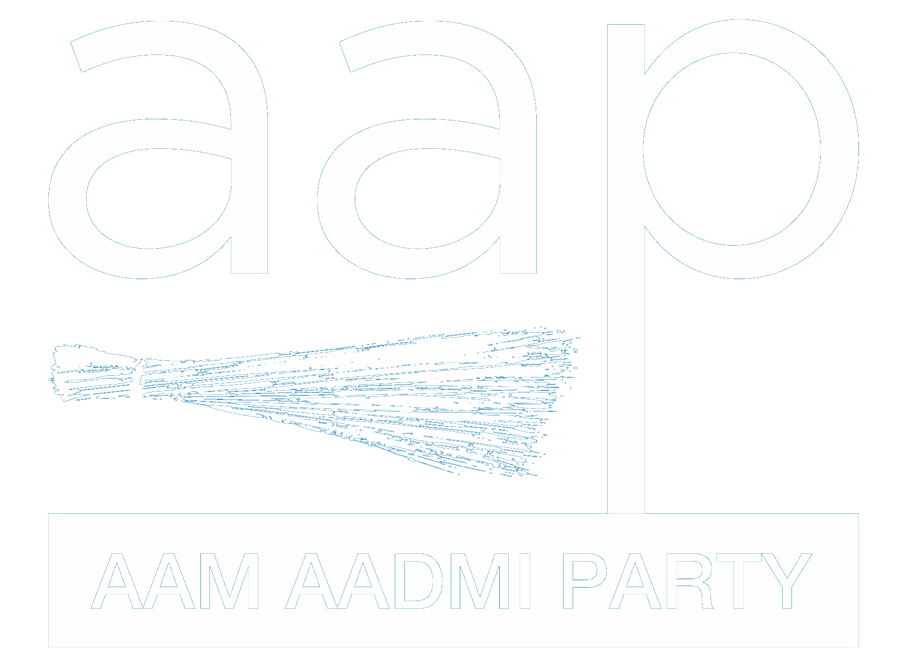CM Shri Arvind Kejriwal along with officials from the Delhi Jal Board(DJB) and Water Minister Shri Saurabh Bhardwaj, conducted a review meeting on Friday. This meeting was held to assess the adequate water supply within Delhi, RO-ATM, Yamuna cleanliness, and the cleaning of the trunk and peripheral sewer systems happening for the first time in Delhi.
During this meeting, the Chief Minister issued instructions to expedite all tasks. Additionally, he directed the installation of RO-ATMs at locations where water supply is provided by tankers, apart from JJ clusters, to completely eliminate water supply through tankers in Delhi. Furthermore, CM Shri Arvind Kejriwal has requested a detailed plan from the Delhi Jal Board to completely clean the Yamuna by June 2024.
So far, RO plants have been installed in Hari Nagar’s Khajan Basti, Shakurbasti, Deshbandhu Apartments in Kalkaji, and Jharoda, with 30 more RO plants being installed. There is a plan to install approximately 500 RO plants in Delhi. The results of these RO plants have been quite promising, and people have been provided with Water ATMs (cards) for this purpose. With the help of these Water ATMs, each person can take 20 liters of water per day.
Shri Arvind Kejriwal, upon witnessing the enthusiastic results of RO-ATMs, has instructed officials from DJB to expedite the identification of other areas for RO-ATM installations. For areas where water supply is provided through tankers, RO-ATMs will be deployed, allowing people to access water through Water ATMs. After this, the need to send tankers to these areas will be only during emergencies. The Chief Minister has also directed all relevant agencies to acquire land for the installation of RO-ATMs.
During the review meeting, DJB officials informed CM Shri Arvind Kejriwal that the DJB is currently producing 990 MGD (Million Gallons per Day) of water, with plans to increase it to 1222.65 MGD. Groundwater extraction through tube wells is in progress, with 224 tube wells already awarded for the task. In areas where the water table is significantly low, 441 tube wells will be installed. Additionally, water will be extracted from lakes in 7 locations through groundwater recharge, and after treatment through RO plants, it will be supplied. The establishment of a centralized ammonia removal treatment plant is also underway in East Delhi (P-6 and Mandawali), with successful implementation in Mandawali and ongoing trials in P-6. Officials noted that 145 tube wells are currently extracting water from various parts of Delhi, producing 18 MGD of water, with an expected increase to 27 MGD in the coming days.
During this, CM Shri Arvind Kejriwal stated that even central agencies agree with Delhi Government’s assessment that the water needs of Delhi can be met through groundwater. The Chief Minister directed DJB officials to conduct a survey of all existing tube wells in Delhi. Based on this, estimates and clusters will be formed. Additionally, a survey of places where tube wells will be installed should also be conducted. The Chief Minister instructed that a complete report detailing how many tube wells have been installed so far, how many are operational, and how many need to be installed should be provided within a week. A team led by a senior engineer will be formed for the survey.
CM Shri Arvind Kejriwal further suggested the formation of teams for the 7 lakes and STPs (Sewage Treatment Plants). Teams for water recharge and recycling should also be established. He directed the quick installation of RO plants in all 7 lakes. Lakes and STPs should be included in the recycling process. The Chief Minister emphasized that the government is deeply committed to providing 24-hour water supply to the people of Delhi. The tender process for 24-hour water supply in East and North-East Delhi is already underway, which is a positive development. Similar tender processes should be initiated in other areas as well.
Meanwhile, CM Shri Arvind Kejriwal, while reviewing the wastewater treatment, emphasized that work on wastewater treatment should be carried out based on timelines. Weekly meetings will be held to monitor progress against these timelines. It should be noted that flow meters have been installed on both the primary and secondary users of the water treatment plant to ensure that not a single drop of water is wasted. The DJB has already installed flow meters on the primary network, and they are being installed on secondary users. The Chief Minister gave instructions to expedite this work. Additionally, he instructed that flow meters should be installed on all tube wells. This will help prevent water wastage.
During the review meeting, CM Shri Arvind Kejriwal noted that progress in sewage treatment work is not as fast as expected. He directed to speed up this work and emphasized that dirty water should no longer be accepted in the Yamuna. A comprehensive plan should be developed for all the necessary steps to achieve this goal. We are deeply committed to completely clean the Yamuna by June 2024. A detailed plan should be prepared for this purpose. During this, the Chief Minister also assessed the condition of 18 drains in Delhi. He expressed satisfaction with the progress of desilting work on the trunk and peripheral sewer systems, stating that desilting work is going well. It’s noteworthy that desilting is being carried out for the first time on the trunk and peripheral sewer system in Delhi.

